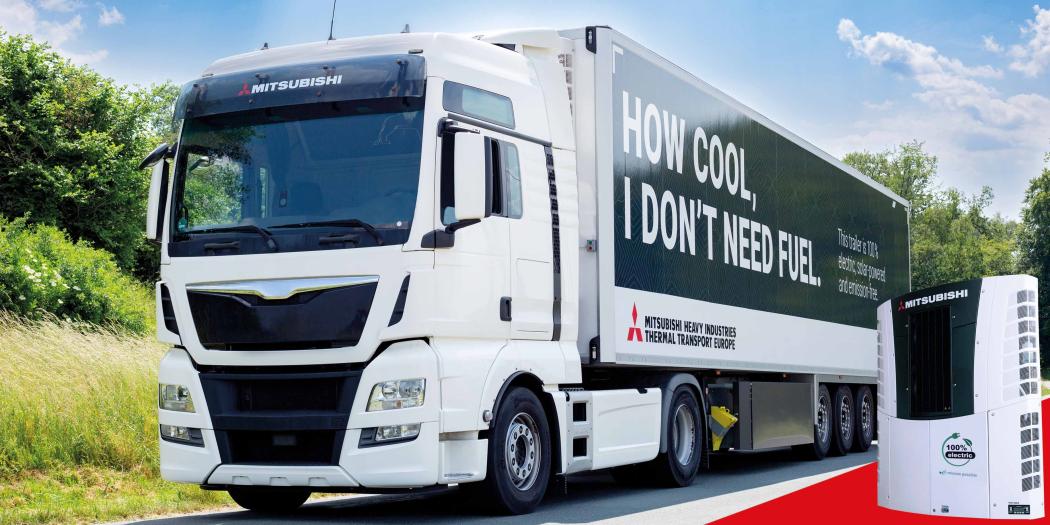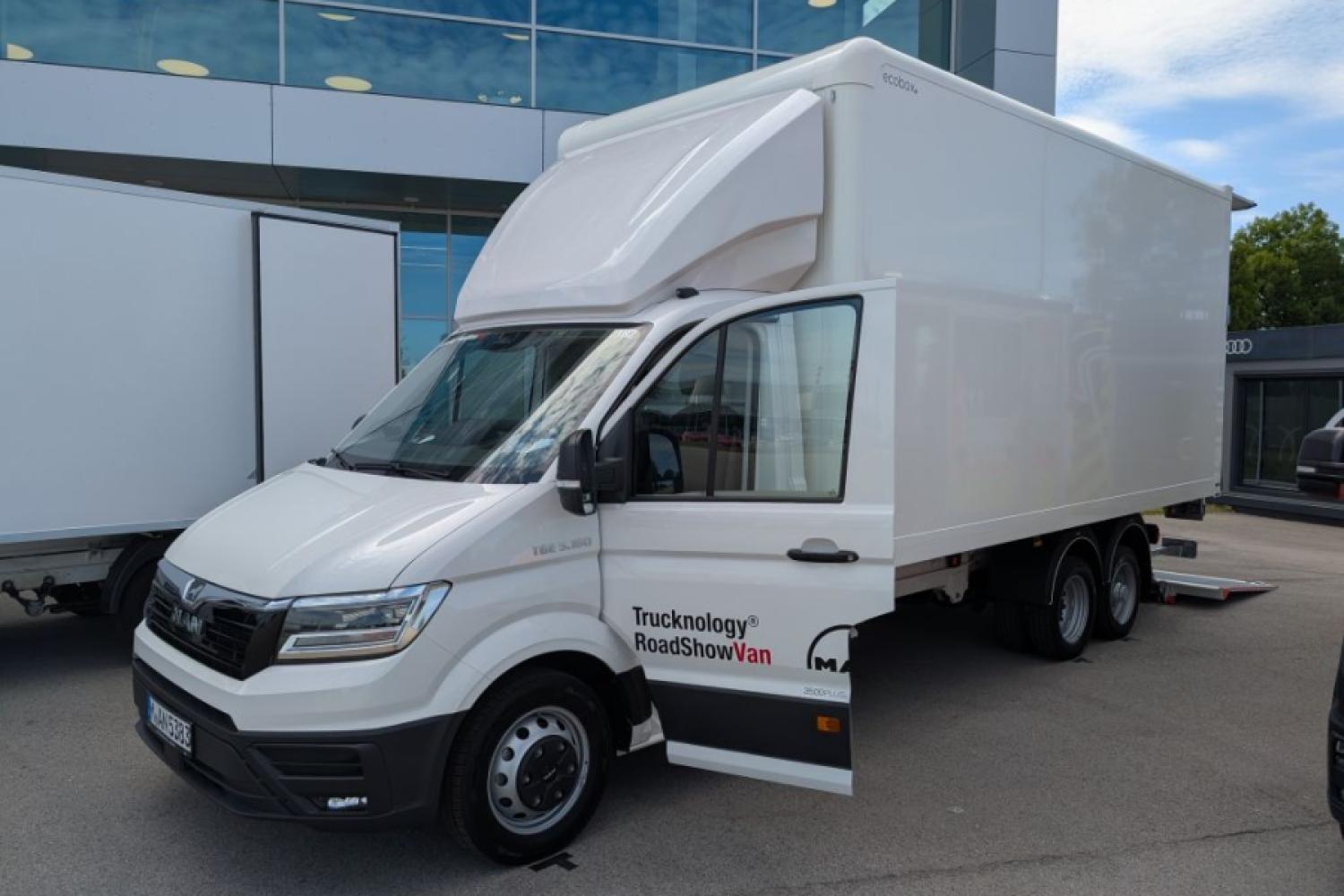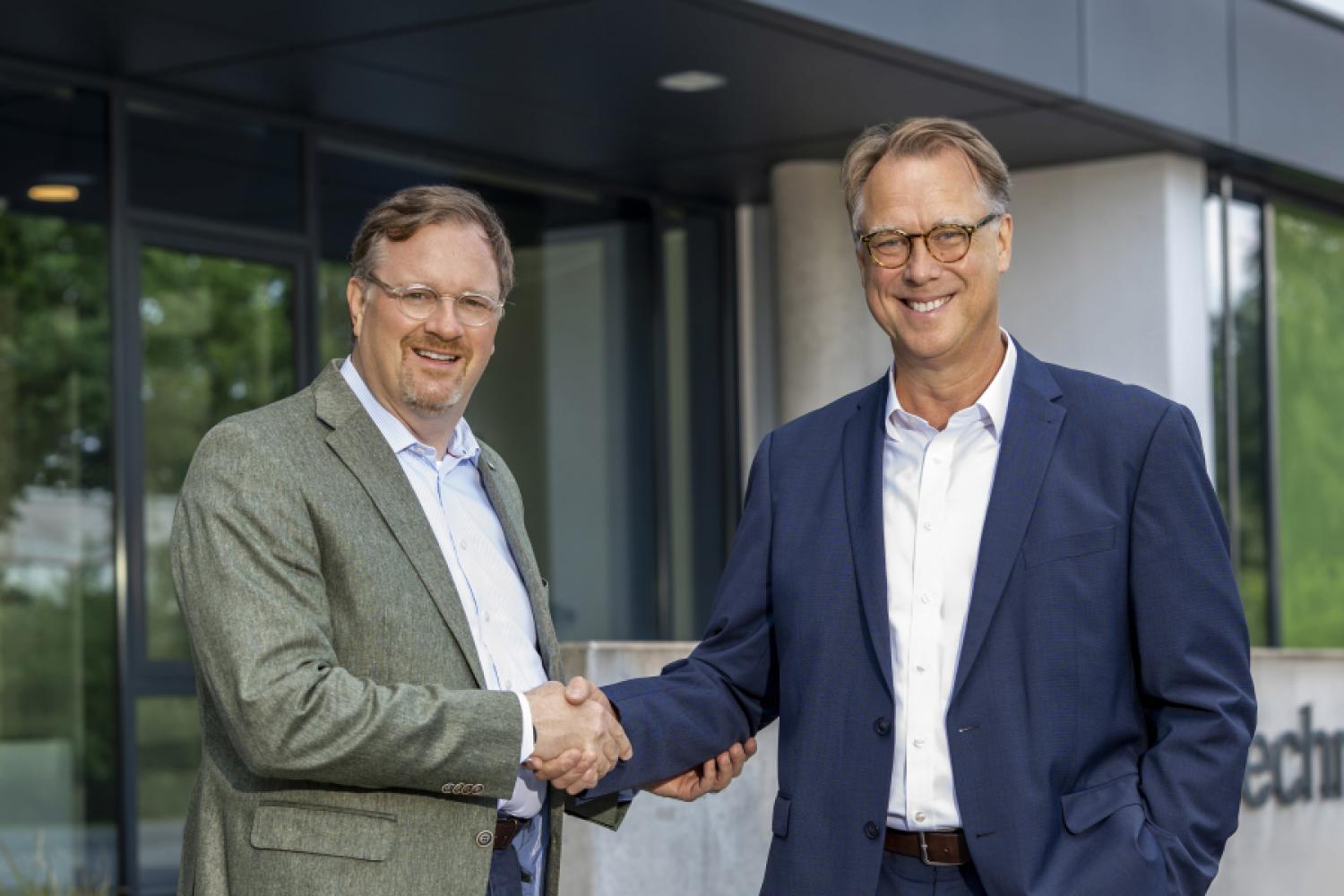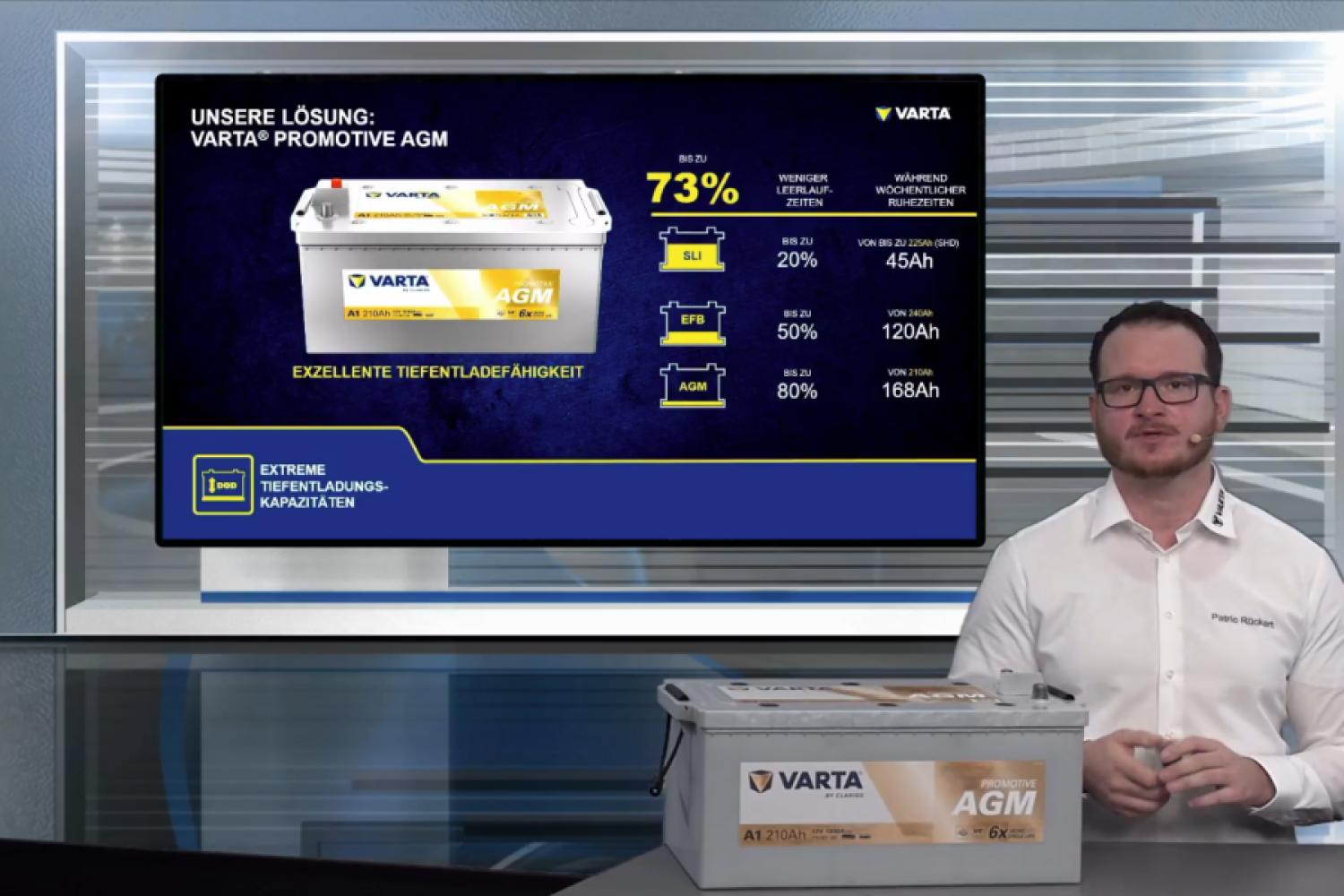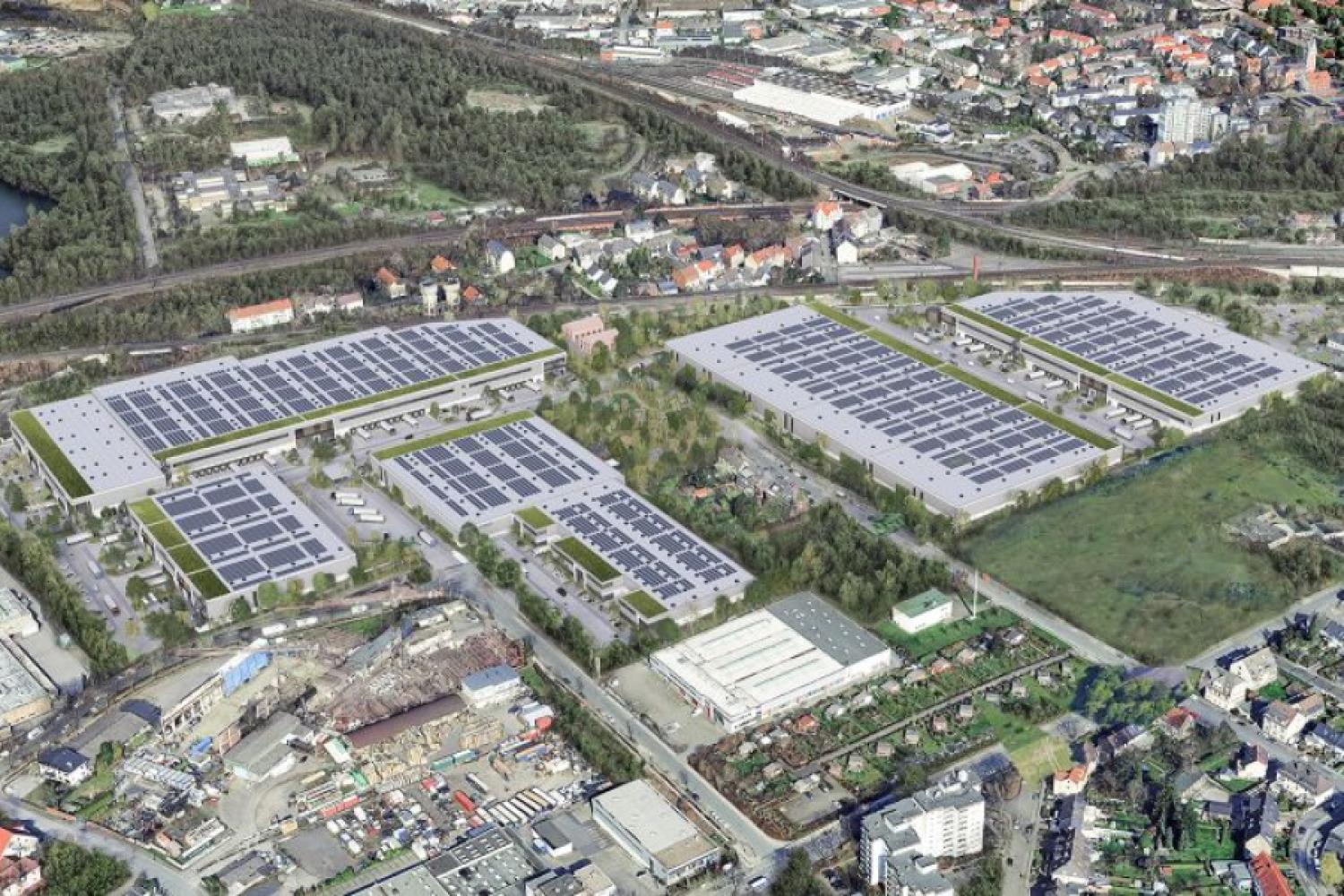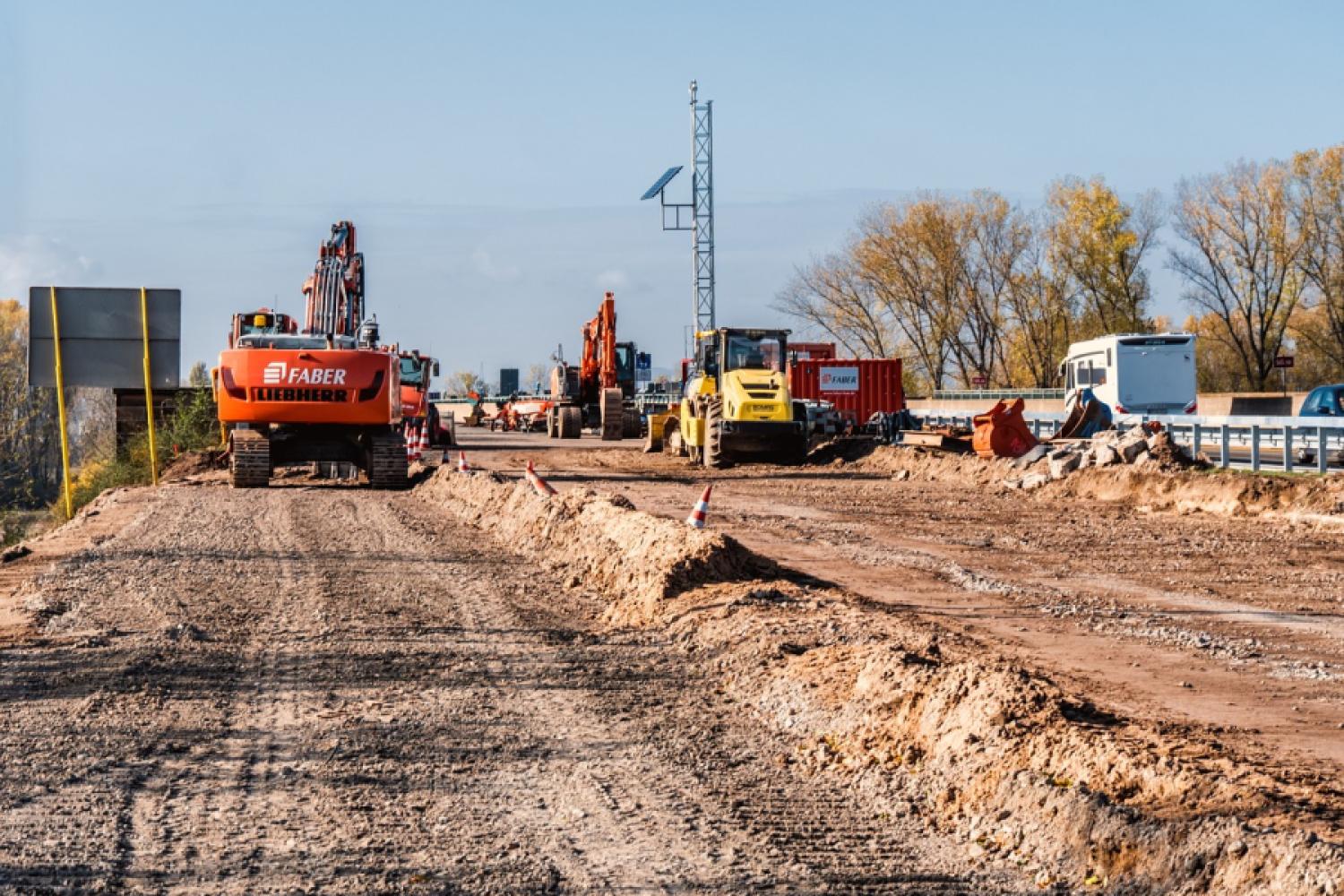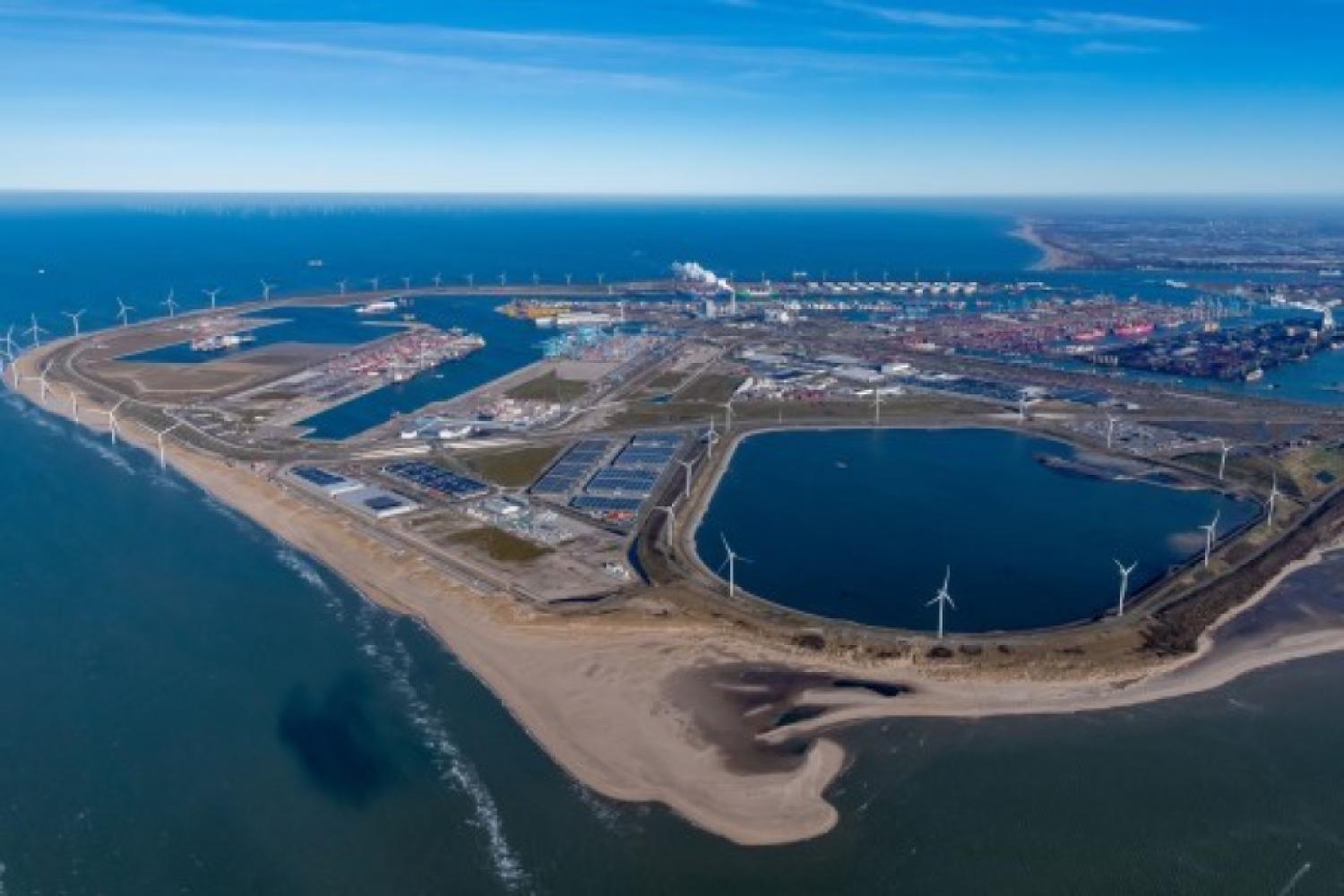Mitsubishi Thermal Transport Europe (MTTE) is consistently expanding its range of emission-free cooling units. At the IAA Transportation 2024, the company presented fully electric solutions for all vehicle sizes – a step aimed at helping transport companies and trailer manufacturers meet the EU's CO2 regulations.
Refrigerated vehicles are considered especially energy-intensive – not only because of their drive system but also due to the continuously running cooling technology. The additional energy demand significantly increases CO2 emissions, presenting new challenges for fleet operators in terms of decarbonization. Mitsubishi Heavy Industries Thermal Transport Europe GmbH (MTTE) sees opportunities for technological innovations in this development. The company aims to make refrigerated transport more environmentally friendly using fully electric cooling units.
At the IAA Transportation in fall 2024, MTTE presented a wide portfolio of fully electric refrigeration units, which are
gradually intended to replace the previously used diesel units. According to the company, the product range targets trailer operators, trucks with motor vehicles, and refrigerated transporters. The goal: locally emission-free cooling along the entire transport chain. At the center of the exhibition was the new model TEF 1500, a trailer unit powered by external battery packs. "With our new E-cooling machine, we now enable our customers to transition to emission-free cooling in the trailer segment," explained MTTE Managing Director Björn Reckhorn at the exhibition. In combination with a fully electric tractor unit, a completely emission-free refrigerated train can be realized.
No compromise is necessary regarding performance. According to the manufacturer, the TEF 1500 delivers the same performance data as the diesel model TFV 150. In deep-freeze operation, it achieves a cooling capacity of up to 8,090
watts. Additionally, due to the electric drive, it operates significantly quieter and does not produce local emissions.
Besides the trailer model, Mitsubishi claims to offer other fully electric solutions for different vehicle types. The TEJ is available for solo trucks, and the TEK for transporters. In the area of underfloor devices, the company presented a functional prototype, the TEU, which is also planned to be electrically operated in the future.
The transition to electric cooling technology affects not only vehicle operation but also the EU's CO2 emissions assessment. As part of the so-called VECTO process ("Vehicle Energy Consumption Calculation Tool"), the emissions of entire vehicle combinations, including both the tractor unit and trailer components such as cooling units, have been calculated for some time. The EU mandates that trailer manufacturers reduce the CO2 emissions of their
vehicles by ten percent by 2030. This is where MTTE's solutions come into play.
"Our fully electric cooling units with external battery packs make a significant contribution to emission reduction," explained Björn Reckhorn. He emphasized that these devices can help trailer manufacturers achieve the CO2 targets within the framework of VECTO. Alongside aerodynamic measures, lightweight components, and tires optimized for rolling resistance, electric cooling technology can be crucial in meeting fleet limit values.
MTTE sees the new devices as part of a comprehensive "Zero Emission" strategy. According to its own statements, the company intends to gradually convert all its product lines to electric drives. With the new offering, Mitsubishi aims not only to meet legal requirements but also to improve profitability for fleet operators – through lower emissions, reduced operating costs, and the elimination of diesel
